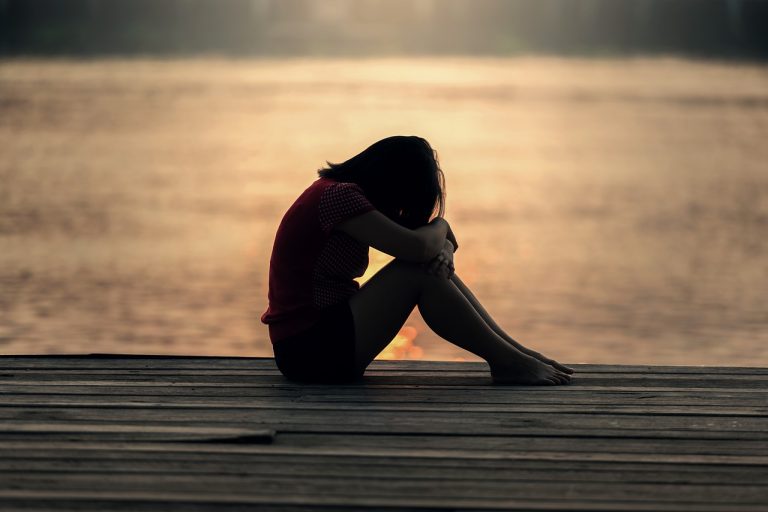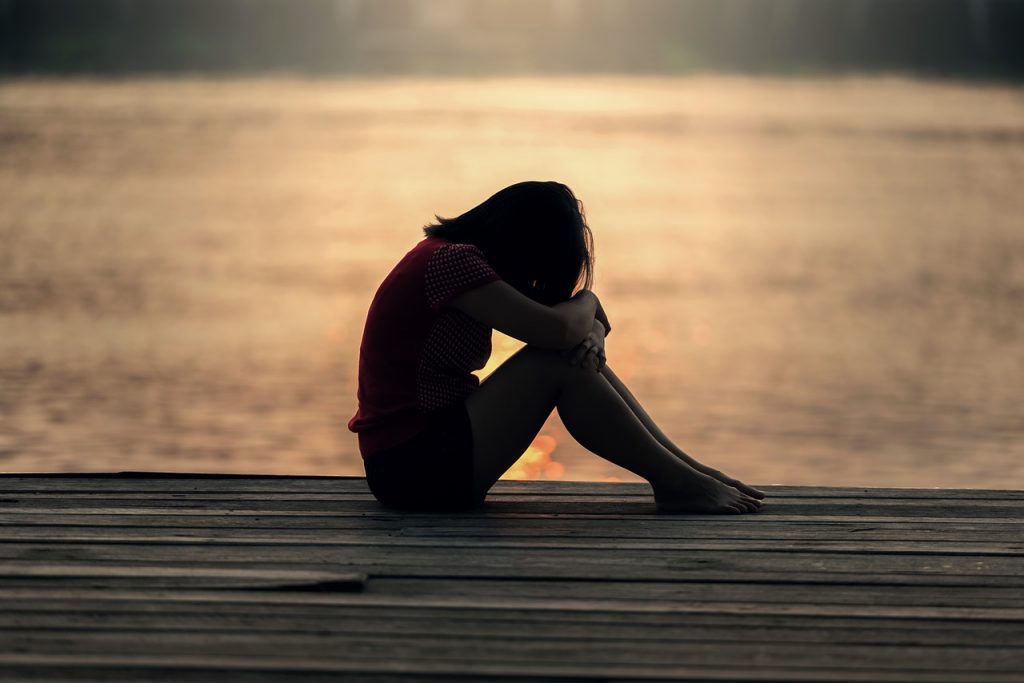

Anxiety is more than just feeling stressed or worried. While stress and anxious feelings are a common response to a situation where we feel under pressure, they usually pass once the stressful situation is over, or ‘stressor’ is removed.
There are many ways to help manage anxiety and the sooner people with anxiety engage with support, the more likely they are to regain stability and develop an effective management plan.
Everyone feels anxious from time to time. When anxious feelings don’t go away, happen without any particular reason, or make it hard to cope with daily life, it may be the sign of an anxiety condition.
In this time of uncertainty, due to the COVID-19 epidemic, many people are more likely to experience a sense of ongoing worry or anxiety.
Worrying vs Anxiety
The difference between worrying and actual anxiety is usually the way we feel in our mind and body. Worrying can certainly be part of anxiety, but not necessarily. We can worry about many things, for example, our safety, finances, health and our future. However, anxiety is a deeper, full sensory experience, which can be quite debilitating and impact our ability to function well, maintain healthy relationships and engage with friends or the community.
Anxiety & COVID-19
During this time of insecurity with the pandemic, many of us may find ourselves worrying more than usual. Worries may typically be around health safety, finances, job security, attending school, education, family, along with increased relationship and parenting issues. However, the threat of serious illness or loss of life due to COVID-19 is a major cause of anxiety for many people right now.
What this pause in real time has brought us is the opportunity, whether we want to or not, to focus on those things which are often just under the surface, or even buried pretty deeply, as we have more time on our hands and are isolating with, or without, others. Financial pressure and domestic violence are two of the leading causes of divorce, so it’s no wonder relationships are feeling the heat right now.
Impact of Isolation & Social Distancing
Personal, relationship, career and family issues can be ignored, swept under the carpet and avoided fairly well when we are busy. Most of us are usually very busy these days, often wishing for more time-out to enjoy the good things in life. Ideally, though, we would also have the freedom to move about as we choose. This time of isolation and social distancing, where we find ourselves cloistered with others 24/7 or unable to be with loved ones, is likely to be putting a huge strain on even the best of dynamics. So, here we are, our wish for more time being granted, however, the restrictions we have experienced have not necessarily allowed us to enjoy the free time we have had at hand.
During this COVID-19 situation, those who are more inclined to significantly worry, become anxious or already have an anxiety disorder diagnosis, will likely find such a health crisis particularly challenging. You could expect to see a heightened state of anxiety with an increase in symptoms and coping behaviours. However, there are many healthy and effective ways to manage stress and anxiety which you may find useful for you and your family, including children, who are experiencing greater levels of stress, worry and/or anxiety at this time.
Why Do We All Respond Differently to Triggers or “Threats”?
Essentially, anxiety is one outcome of our fight and fight response caused by an emotional trigger or “threat”. COVID-19 in of itself is a huge, real threat to our life. For some, it will cause greater anxiety than others. Many people have an innate sense of being safe in the world, no matter what. This doesn’t necessarily mean they’re irresponsible, avoidant or in denial, simply, they have a greater trust in the world being a safe place and they’re somewhat confident they’ll remain safe within it.
For others, two things are possible:
- They normally feel safe in the world, however, the impact of COVID-19 on individuals around the world is overwhelming, or
- They’re already coping with other issues causing anxiety and the severity of COVID-19 adds to an already anxious predisposition or overload.
How each person responds to the threat of COVID-19 on the safety of themselves and their loved ones, depends on those points above. As such, it’s important to understand your own levels of anxiety and why you feel the way you do. In addition, understanding and accepting others may not be responding in the same way you are, respecting their anxiety levels and coping strategies may be different to yours. That one person’s expression, or lack thereof, isn’t right or wrong – just different.
Being caring to others during this time, appreciating everyone is handling their reaction to COVID-19 in their own way, internally and/or externally. We have seen this in action with the frenzy of toilet paper supplies. Some people think it’s completely understandable to want to stock up and others think it’s totally unnecessary, especially when the panic buying causes a shortage for others.
How to Manage & Reduce Anxiety
Reducing anxiety is key to managing our emotions and behaviours. There are many ways in which we can support ourselves in balancing our mind, body and soul to create more internal calm and external harmony. These include:
- Identifying underlying or existing stressors.
- Identifying the full impact of COVID-19 on your stress levels.
- Seeking talking therapy, counselling, to help with the above and alleviate them.
- Mindfulness to bring awareness back to your core, so you can regain some control over your emotions and behaviours. Cognitive Behavioural Therapy(CBT) is helpful with this. Meditation is also helpful with mindfulness.
- Playing music, singing and dancing, exercise.
- Developing an anxiety attack grounding checklist. Keep it somewhere easy to access for you and others to help you with.
Some points might be:
Breathing – regain control of slow deep breathing, returning to normal
Tapping your fingers on your body to bring your mind back into your physical body, saying something like, “I’m safe/it’s safe to be in my body”.
Observing items around you – the chair, the pot plant, the table, etc
Listen to the sounds of things around you – hear the cars, birds, talking
Have a drink of water and/or cup of calming herbal tea – not caffeine as it is a stimulant
Chat to a friend/loved one or call someone/support line
Have a walk
Be kind and supportive of yourself as your body has just released a huge amount of cortisol and now needs to rebalance your biochemistry.
Clearly, the best thing we can do for ourselves is take the proper precautions to stay safe. Engage with others as often as possible to keep mental health in check and get the right help and support as soon as you feel you’re not coping. This will ensure you’re looking after yourself and loved ones, enabling you to return to a new sense of normal as soon as possible.
Indigo-Grace is a university-qualified counsellor and accredited Shamanic Energy Healer, drawing from her own process, qualifications and training to bring you exceptional counselling and healing methods, available to you locally in person or from a distance online.
You can discover more about Indigo-Grace and her services plus read up on many topics on her website, where you can also book directly for a free 15-minute consultation. Make sure to follow her on Facebook and Instagram for regular updates and discussions on various topics.